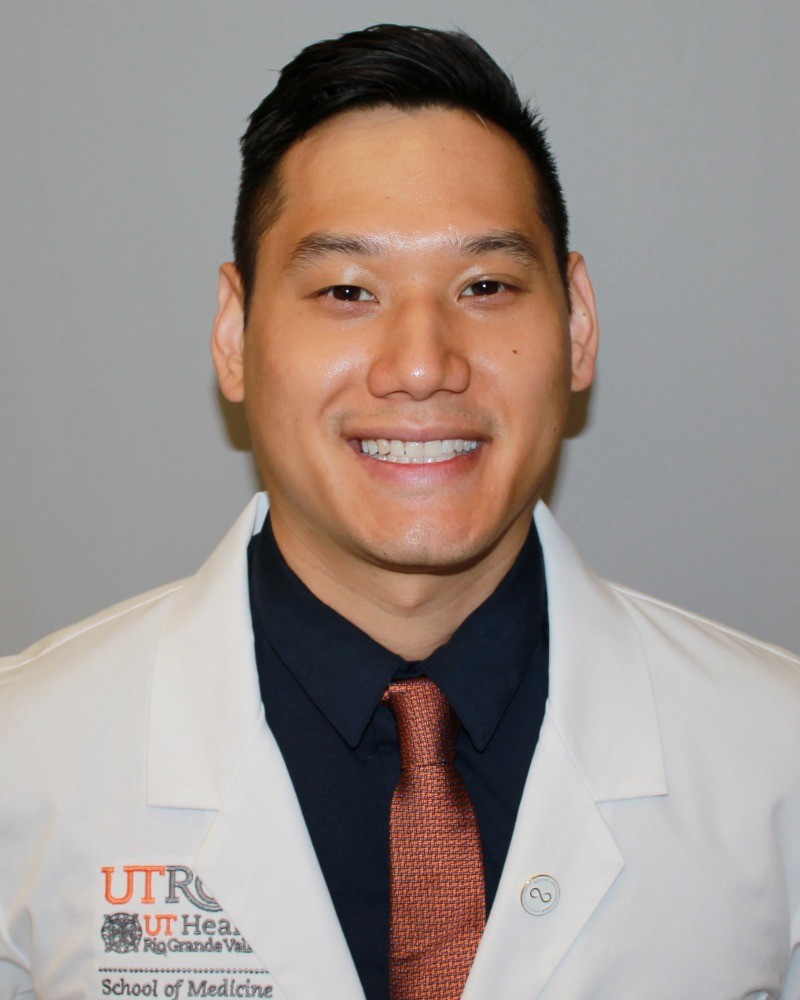Michael Tran, MS-IV
 University of Texas Rio Grande Valley School of Medicine
University of Texas Rio Grande Valley School of Medicine
July 28 – August 22: TIRR Pediatric Rehabilitation
How did you hear of/learn about PM&R?
I learned about PM&R through volunteering with the Rehabilitation Services Volunteer Project (RSVP) in 2018 as a pre-med student. Through that experience, I learned about the organization, its mission, and gained my first insight into the field of physiatry.
I recall meeting Dr. Verduzco-Gutierrez and picking her brain about her career and the field. She took the time to explain the broad variety of patient populations that physiatrists are trained to care for. She also provided a hands-on demonstration of the different techniques and devices used in patient care at the clinic.
I had the opportunity to sit in on an interdisciplinary care conference and observe how physiatrists interacted with the team to discuss patient progress and care plans. This collaborative model for goal setting and care planning was immediately appealing to me because I began to recognize the value of diverse professional input in creating a holistic experience for the patients at RSVP.
RSVP was a great introduction to PM&R because I had the chance to observe volunteers from different professions and see how well-coordinated teamwork contributes to meeting patients’ unique needs.
What are you most looking forward to during your PM&R elective?
I’m excited to see kids get better! Because I don’t have a home program, I’m especially looking forward to this rotation as it will be a great opportunity to immerse myself in PM&R and learn from people who are passionate about teaching and helping kids be kids.
I feel fortunate to have the opportunity to contribute to the care of such a unique and vulnerable population. Given the large academic setting, I anticipate that some patients and their cases will be rare, severe, and deeply rewarding. I know that the challenges and experiences ahead will help me grow as a future clinician.
Is there anything, in particular, that interests you the most about PM&R?
I want to help patients thrive on their journey, and to me, that means many things: understanding what’s important to them, learning how they navigate their world, optimizing safety in their home, and ultimately helping them return to doing what they love.
I value quality of life, which to me includes connection—understanding who is important to the patient, learning about their support system, and working to reintegrate them into their community.
Some of the other aspects of PM&R that appeal to me include: the diversity of conditions that physiatrists are experts in treating, especially neurological; the emphasis on hands-on clinical skills; the opportunity to perform procedures for treatment; and the social aspects of being a connector in the interdisciplinary team.